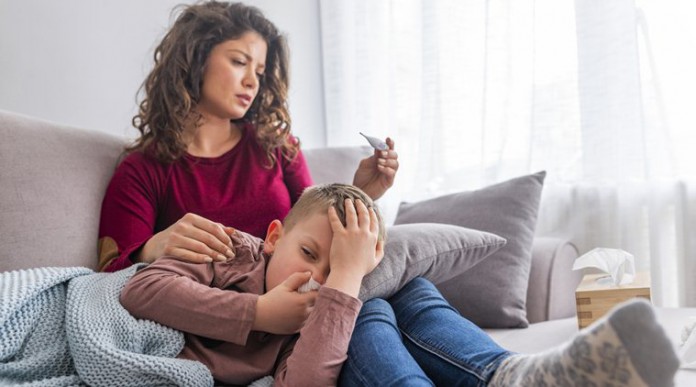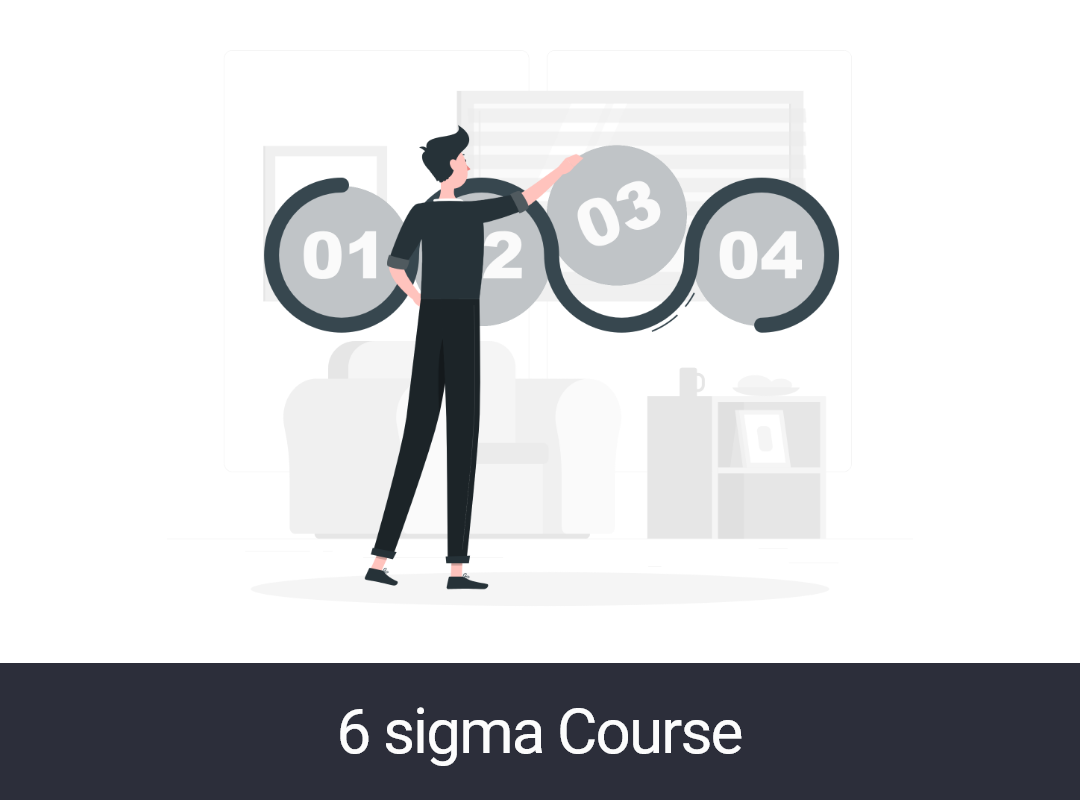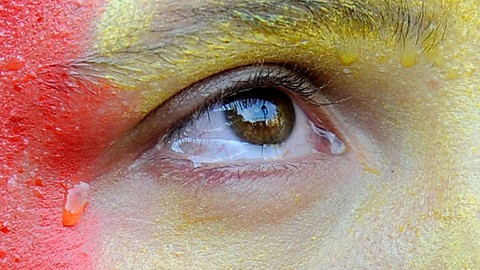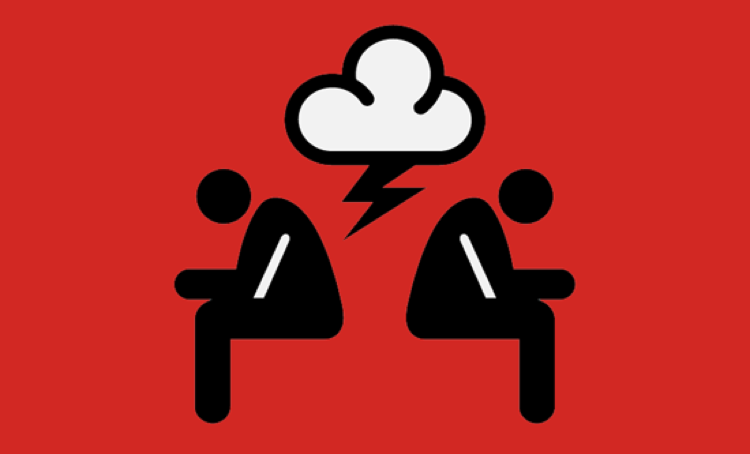While common cold and cough among children develop due to cold weather conditions, whether it’s the onset of monsoon or winter, the close proximity of children to each other in these conditions also contributes to the spread of the ailment. Recurrent colds and coughs are one of the most commonly seen ailments in the younger age group and despite being a relatively milder winter woe to deal with, the viruses that cause these are highly infectious and may not allow children to truly enjoy the cold season.
Typically, children play together or interact with each other inside houses, schools or in closed surroundings. It is during this interaction that one child tends to influence the other in catching cold and cough. There are some important measures one needs to take to deal with the spread of ailment. One among many solutions is to keep children away from each other during the colder seasons, particularly when one or a couple of children have been afflicted by cold and cough.

Important Announcement – EasyShiksha has now started Online Internship Program “Ab India Sikhega Ghar Se”

Top Courses in Virtual Reality
More Courses With Certification
Running noses, sneezing and coughing are way too common during winters. Also known as ‘upper respiratory tract infection,’ it is the most common cause of illness in children.The symptoms include nasal congestion, cough, sore throat and even headache. The symptoms of cold can last for a few days, an entire week or more, depending on the immune system. The simplest and the most effective way to treat common cold is to drink plenty of water (liquids) to prevent dehydration, and take plenty of rest.
Common winter infections among children
More commonly known as the ‘flu’, symptoms of influenza include high fever, sore throat, splitting headache, muscle pain, and coughing bouts. It is spread by influenza virus and is highly contagious. The best way to prevent it is to get a flu shot. While there are antiviral medications available to relieve the symptoms, they only shorten the duration of the illness by a day or two. The best treatment for this disease is to get a lot of rest and drink plenty of fluids.
Top Courses in Software Engineering
More Courses With Certification
Strep throat, another consequence of cold and cough, is caused by bacterial infection. A sore throat can be quite painful, but not as painful as strep throat. It is most commonly seen in school-going children, and spreads from one person to another via sneezing and coughing. The symptoms include swallowing trouble, fever, headache and swollen lymph nodes in the neck. Antibiotics help in eliminating the infection, but drinking warm water can also help ease the pain.
Bronchiolitis is a common respiratory infection among children and Respiratory syncytial virus (RSV) is the most common cause of this illness. The virus causes inflammation of the airway branches in the lungs, leading to mucous clogging the airways, which makes it hard to breathe. The illness usually comes with nasal congestion, low-grade fevers, cough and wheezing. In this case, apart from antibiotics, it is important to get plenty of rest and drink lots of water.
Top Courses in Quality Management System
More Courses With Certification
Top Courses in Project Management
More Courses With Certification
Pneumonia is the infection of lungs, caused by bacteria. The child may have cough, fever, and breathing problems. Having long-term diseases like asthma, cancer or heart problems might make you more prone to pneumonia. Though it can be treated at home, it can worsen and may necessitate hospitalisation. If you have breathing problems, you should immediately contact health care services. Cold for several days and high fever could be the signs of pneumonia getting worse.
Preventive Measures
But you can’t stop children from getting colds. Apart from the measures mentioned above, there are some simple things you and your child can do to reduce your child’s chances of getting or passing on a cold: Wash your hands with warm soapy water after sneezing, coughing and blowing noses, and before eating; cough into your elbow to avoid getting germs on your hands; don’t share drink bottles, cups and utensils with other children who have colds. And supplements like vitamin C can reduce the duration and severity of colds in children. Children must also sneeze into a hanky or cover the nose and mouth during sneezing and coughing to help prevent the spread. Wearing a mask till one is better is also beneficial to stop the spread to other family members and friends.

Top Courses in Personal Development
 Forgiveness Is Freedom – Let Go And Feel Amazing!
Forgiveness Is Freedom – Let Go And Feel Amazing!More Courses With Certification
Top Courses in Networking
It is important to take these measures at the early stage of the symptoms to prevent them from becoming a full-fledged ailment. While there are plenty of home remedies for treatment, it is sometimes necessary to visit your doctor to check whether serious medical intervention is necessary. Taking precautions prior to the symptoms would be the best solution.
About The Author
Sr. Consultant – Neonatology & Pediatrics,
Aster CMI Hospital
Empower your team. Lead the industry
Get a subscription to a library of online courses and digital learning tools for your organization with EasyShiksha
Request Now[/vc_column_text]
ALSO READ: students celebrate christmas eve with fervour
Get Course: Learn ITIL Service Management











































































































































































